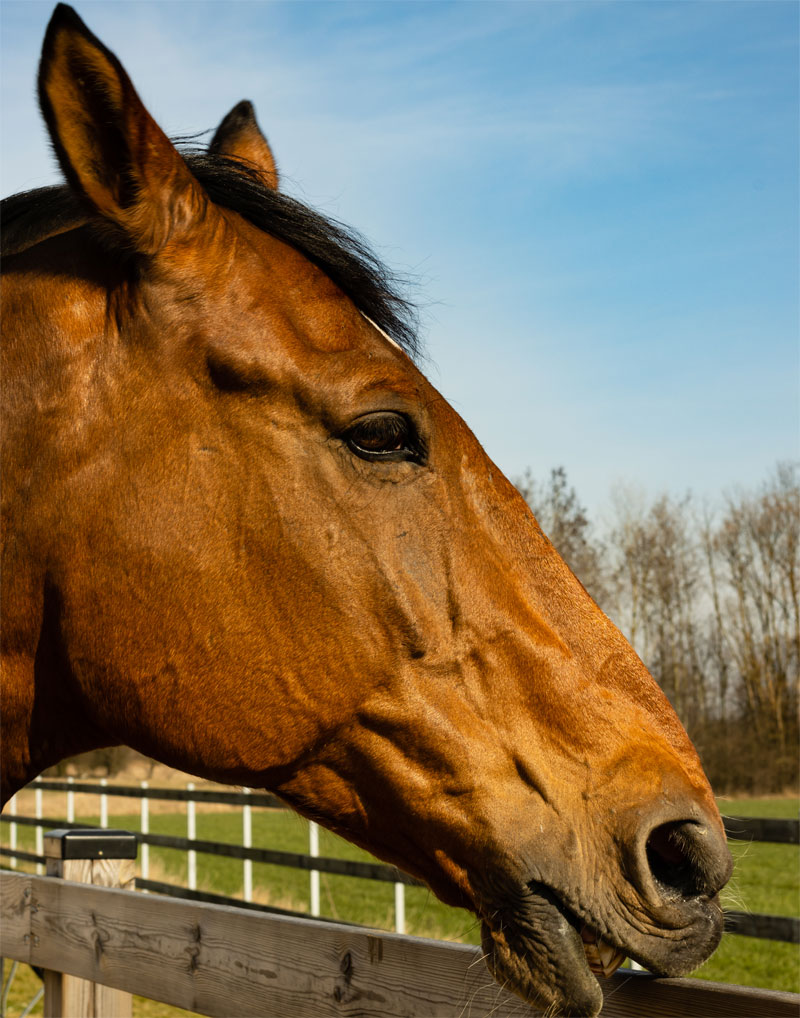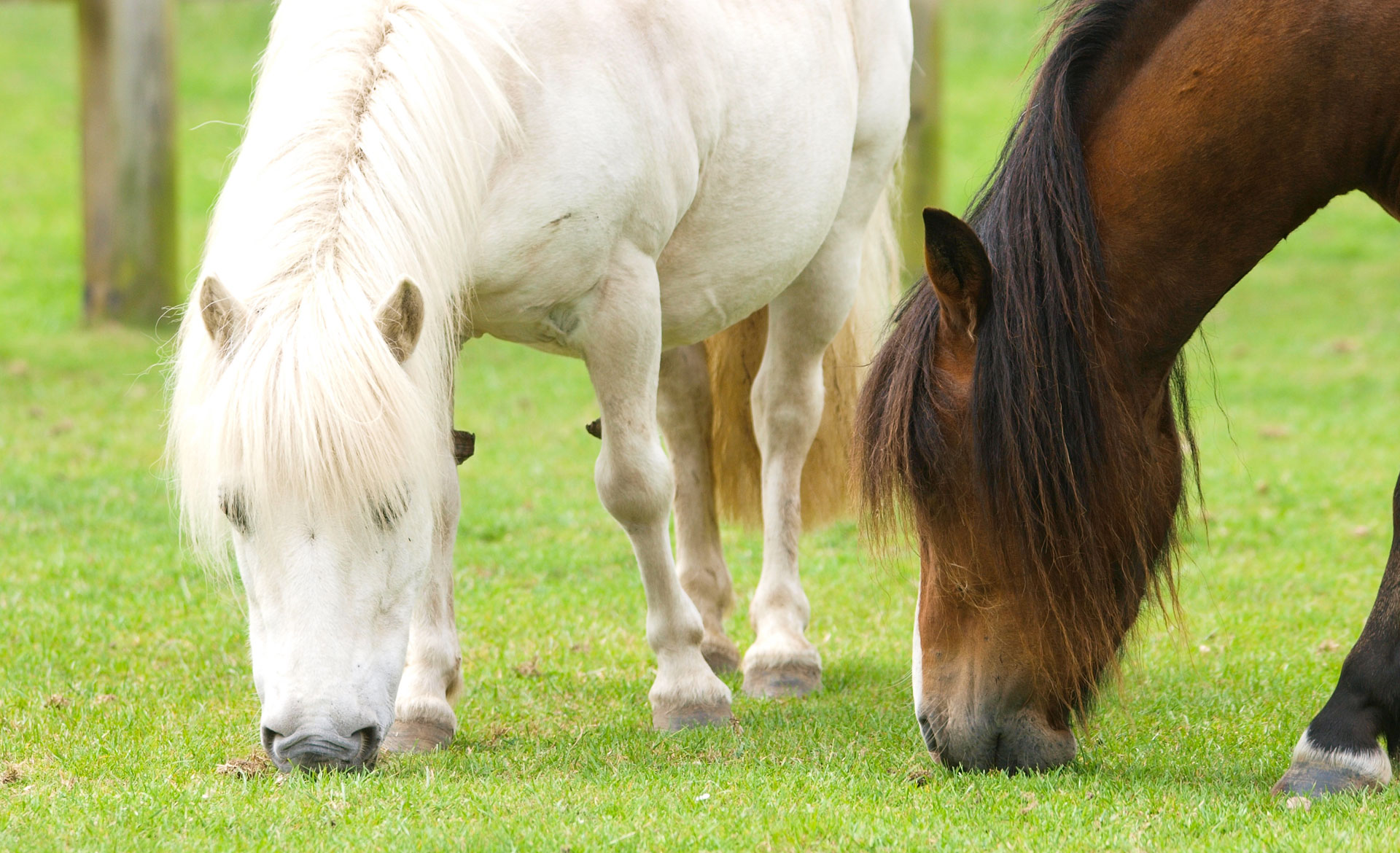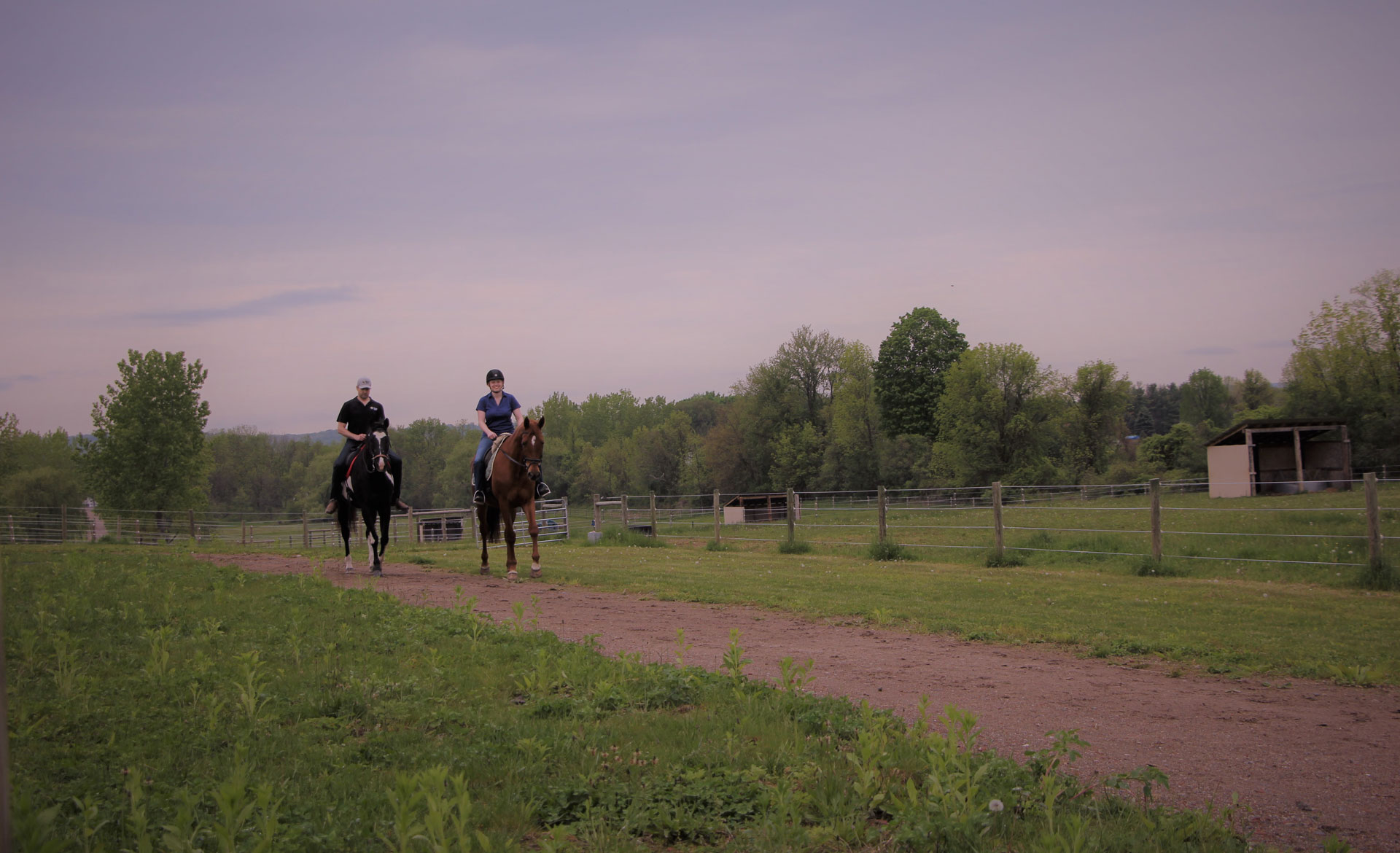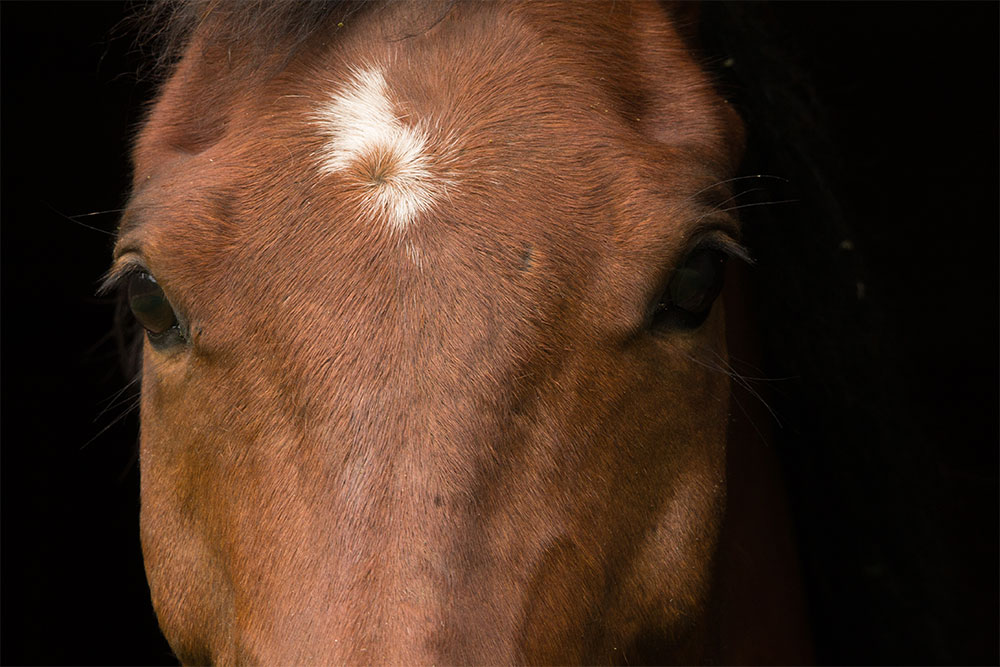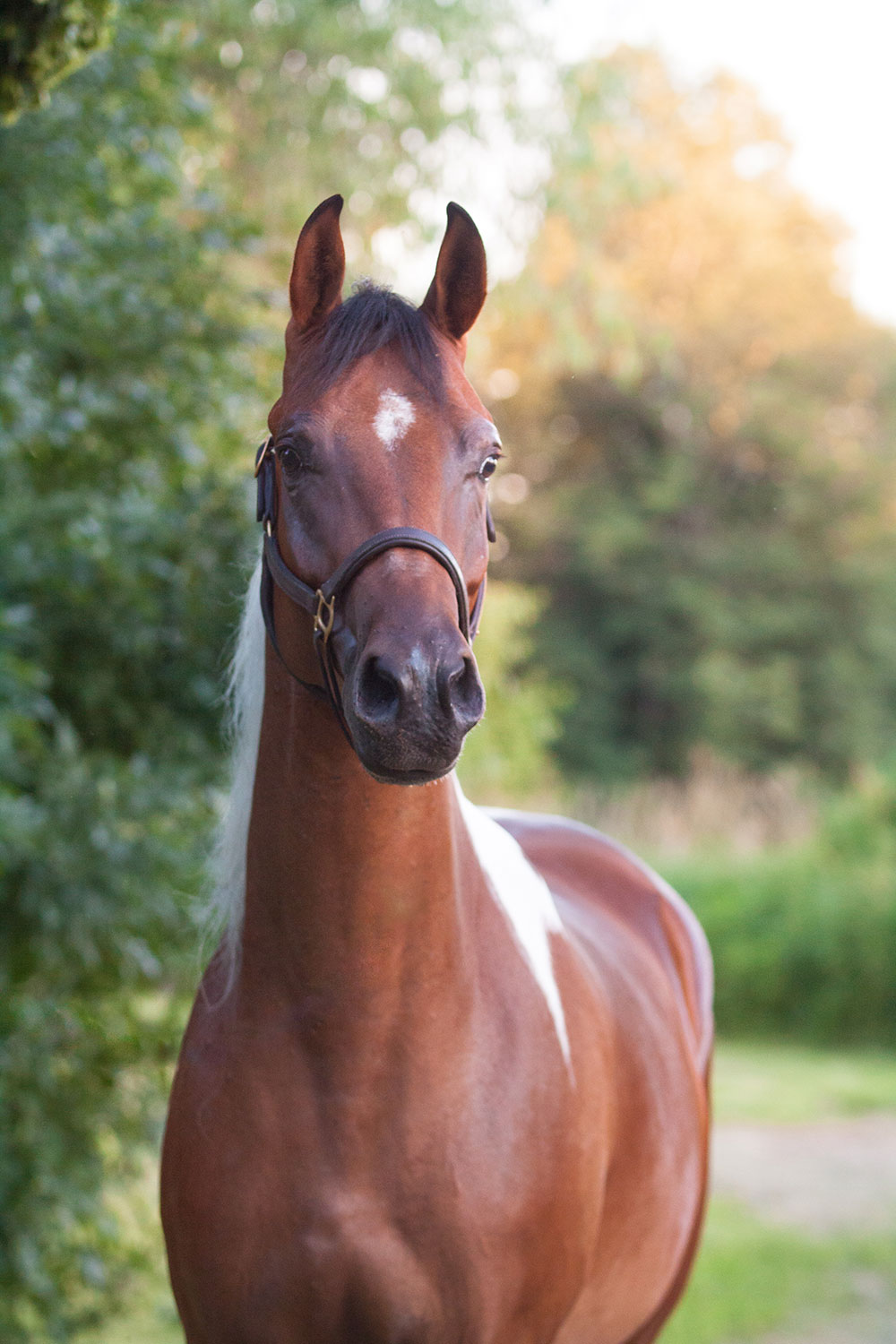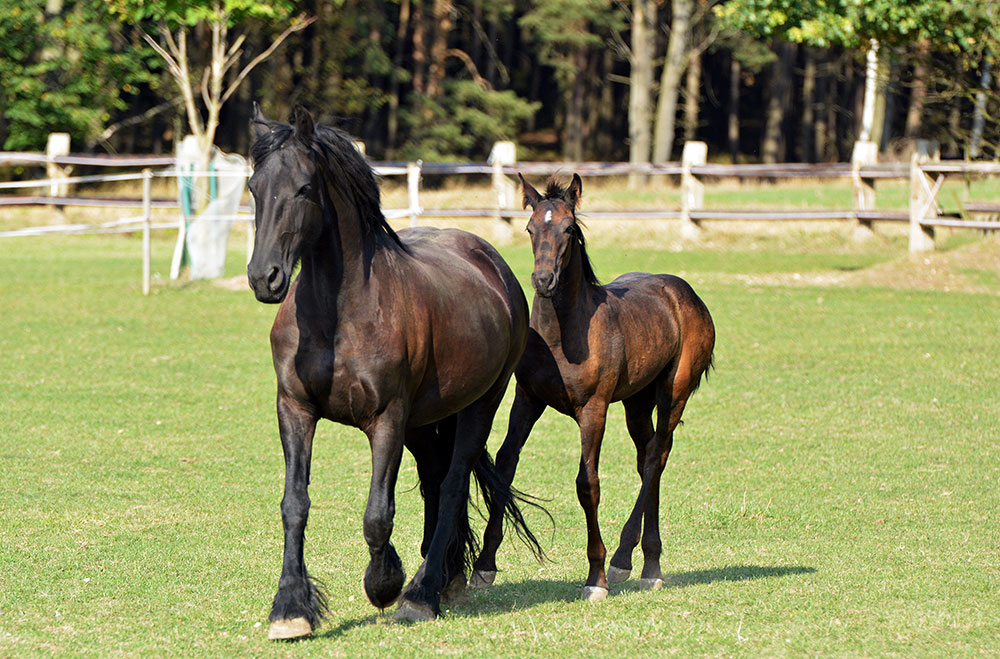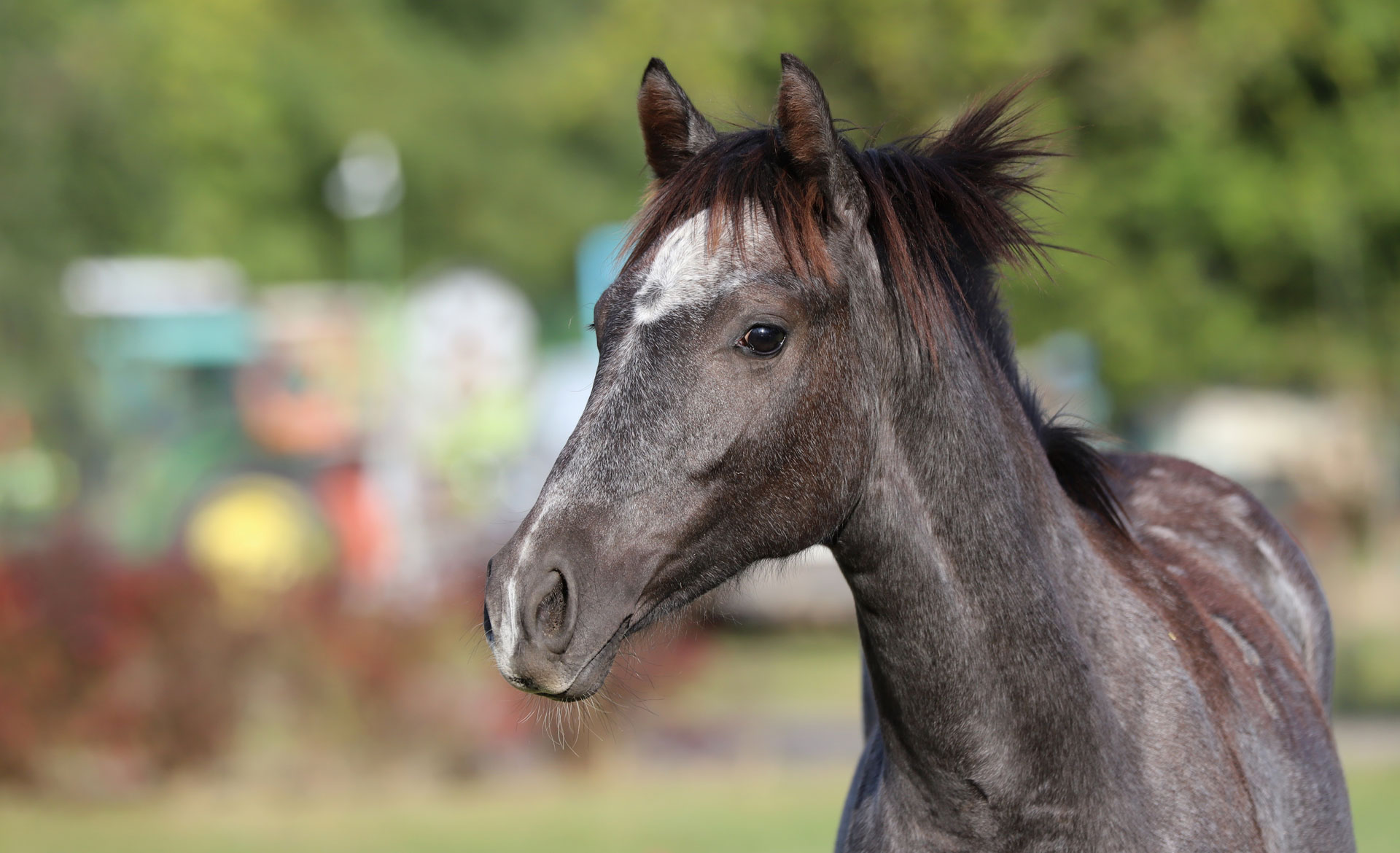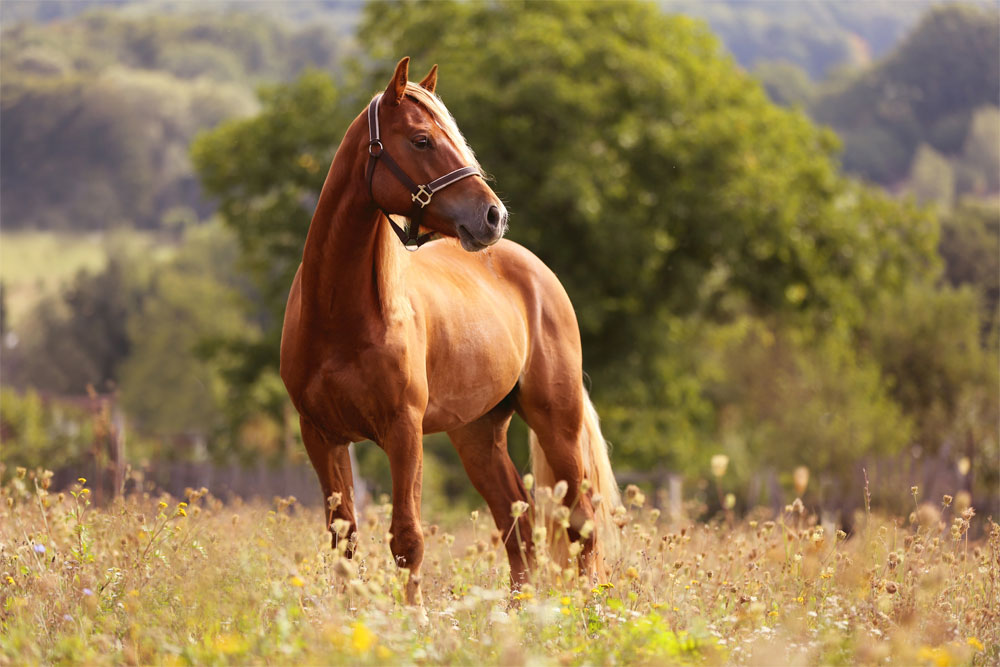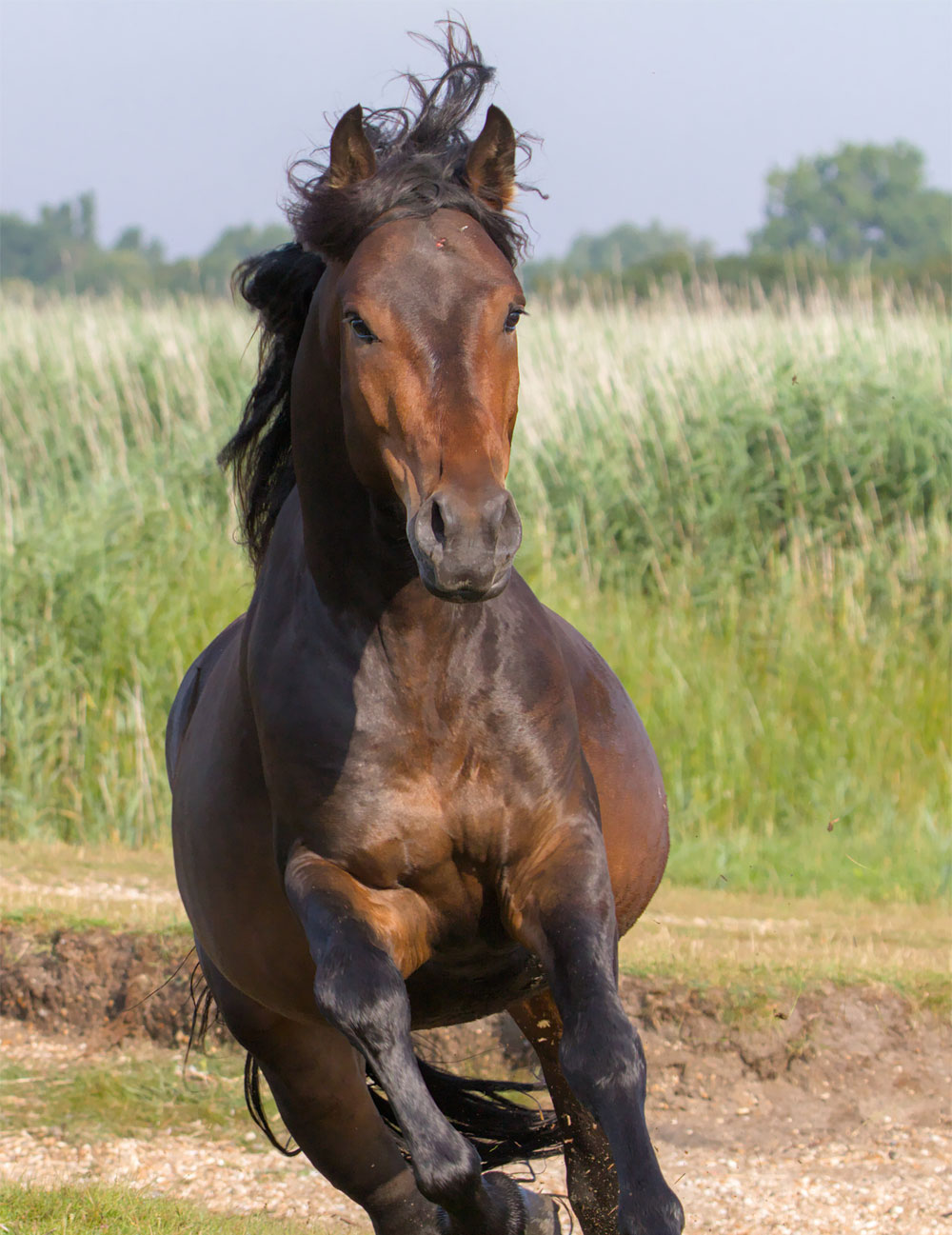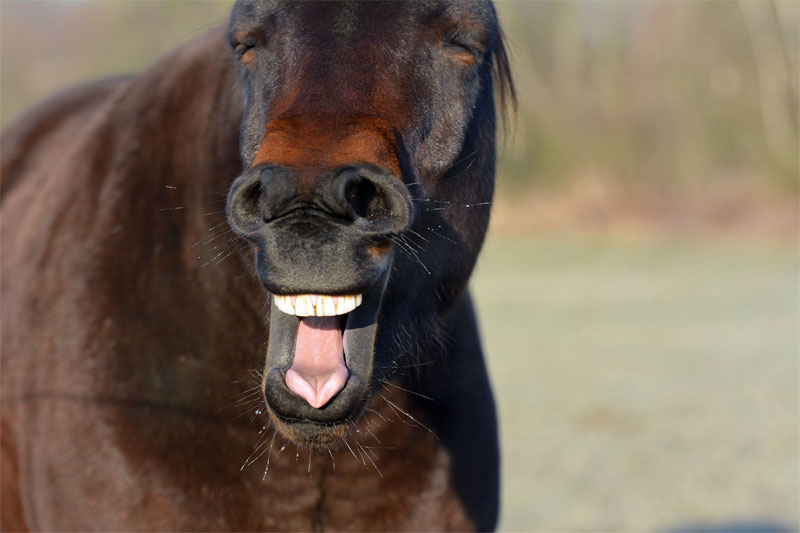
The Importance of Equine Preventative Dental Care
With regular wear and tear, a horse’s natural teeth are designed to last about 20 years, as the reserve crowns continuously erupt while the exposed crown wears away. With exceptional care, horses are living well into their 30s. A sedated oral exam performed with a mouth speculum and treatment (primarily odontoplasty) performed annually by a veterinarian is essential to maintaining your horse’s health and wellbeing.
3 Reasons Why Equine Dental Care Is So Important
1. Monitor Development
Foals are constantly teething from their first year until about age 4. While teething, horses should be monitored for proper development, tooth eruption, and shedding of primary teeth. This ensures healthy development and allows an equine veterinarian to address any concerns before they have the chance to develop into serious problems.
2. Prevent Tooth Imbalances
In the wild, horses have varied diets that help their teeth maintain normal wear patterns. The domestic equine diet differs greatly. Without professional dental maintenance, horses develop imbalances and malocclusion in their mouths, such as:
- Waves
- Ramps
- Hooks
- Broken molars
- Retained primary teeth
- Wolf teeth
- Long canine teeth
- Sharp teeth (which cuts cheek and tongue tissues)
- Imbalanced or overgrown incisors
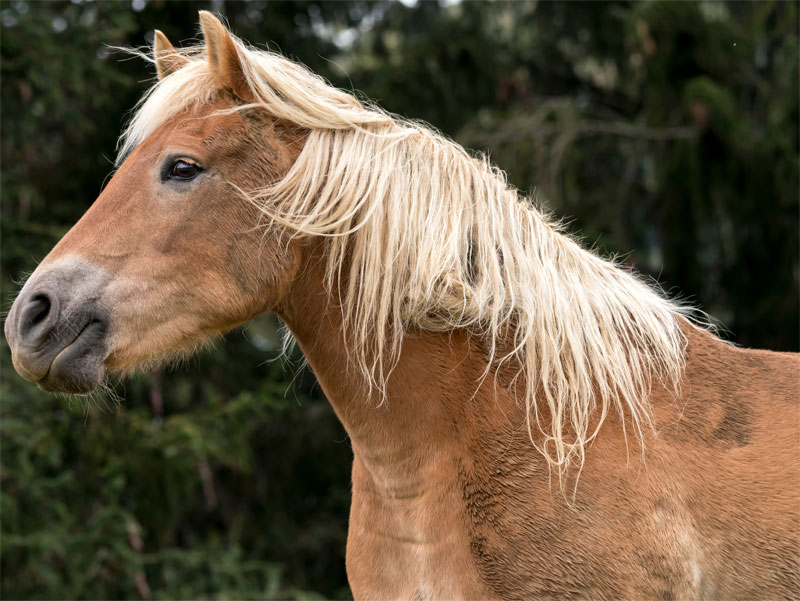
These issues are uncomfortable, make eating difficult, and are downright painful. Neglecting a horse’s teeth will harm the animal’s health.
3. Geriatric Health
Senior horses are prone to developing periodontal disease (bacterial infection of the gums), which can lead to systemic disorders and break down the periodontal ligaments that connect a horse’s teeth to the jawbone. This leads to loose and/or missing teeth.
Achieving perfect balance in a senior horse’s mouth is not always possible. Yet, maintaining their oral care and some degree of balance is essential to the horse’s overall health. Without a proper bite and healthy teeth and gums, a senior horse’s ability to process feed will deteriorate and so will the horse’s condition.
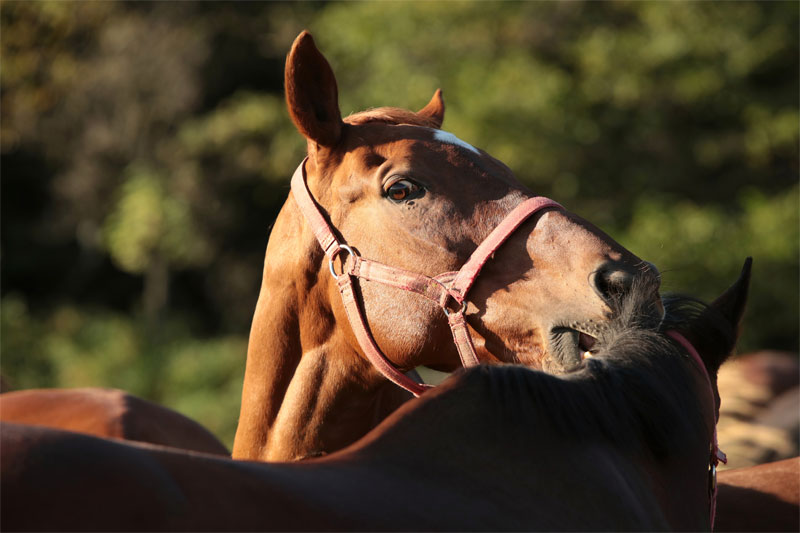
When to Schedule a Dental Exam for Your Horse
Equine oral health begins with a strong foundation of dental care. A horse should have its first comprehensive dental exam before it reaches 1 year. The horse should then have semi-annual dental exams until about age 5. After age 5, a horse’s schedule of dental exams will vary based on the individual horse’s condition and needs, but generally annual dental exams are recommended.
Schedule Your Horse's Next Dental Appointment in Fishkill, NY Today
At Advanced Equine of the Hudson Valley, our equine specialists provide on-site dental exams, odontoplasty, extractions and other treatments to horses in NY and western CT. In addition to providing comprehensive equine dental care, our veterinarians have access to state-of-the-art facilities and equipment, enabling us to offer a comprehensive list of advanced equine veterinary care services.
To schedule a dental exam for your horse contact us today!
